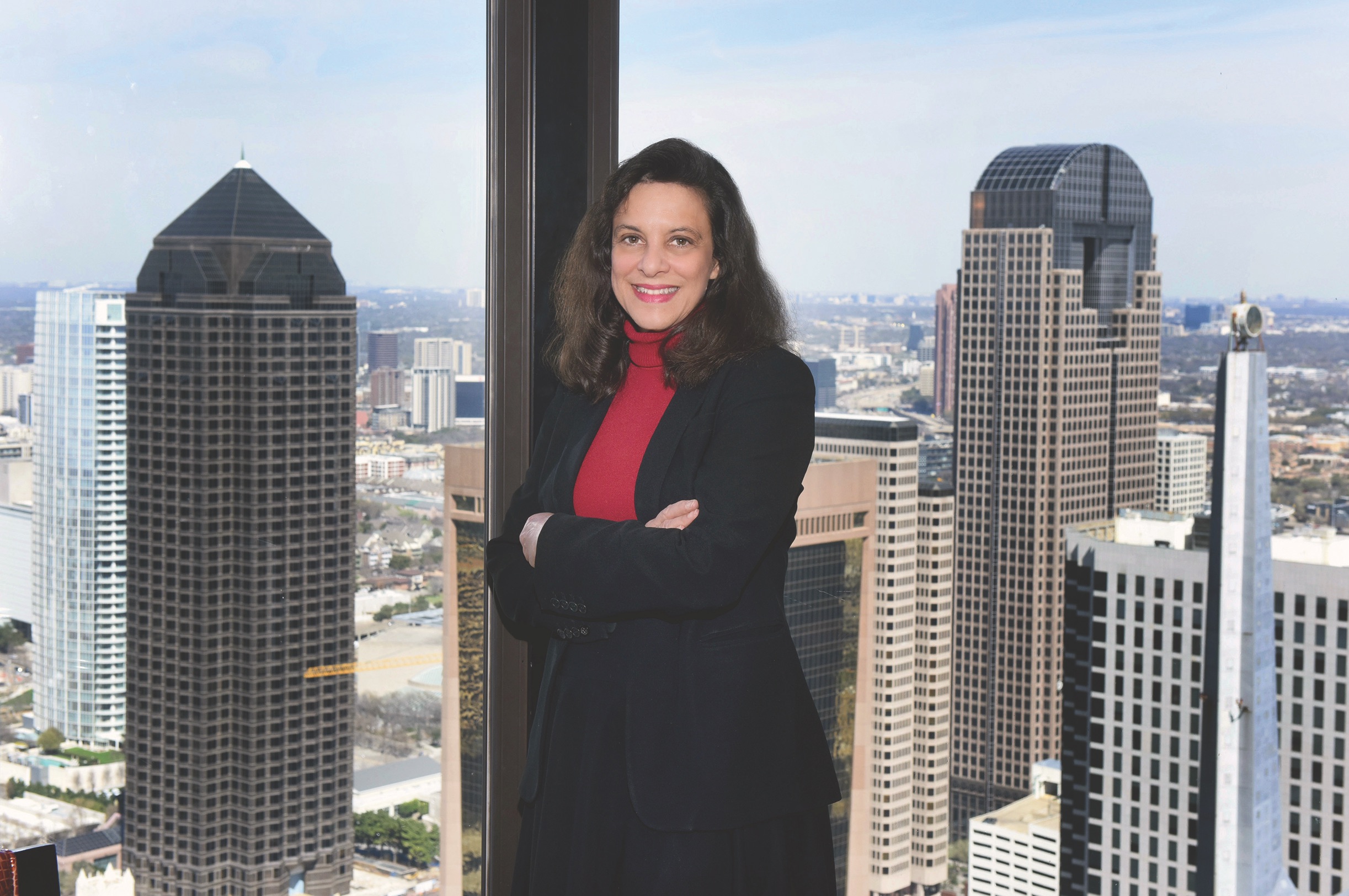EPIC Recognizes 2019 Inspiration Award Winners

On February 5, Emory Law hosted the 23rd annual Emory Public Interest Committee's (EPIC) Inspiration Awards, which honored a retired professor, a community member, and an Emory Law graduate for exceptional public service.
Frank S. Alexander
Lifetime Commitment to Public Service
Frank S. Alexander is founding director of Emory’s Center for the Study of Law and Religion and Sam Nunn Professor of Law Emeritus. Alexander’s distinguished career spans more than four decades of exceptional achievements in law, education, and scholarship.
In 1978, Alexander earned a JD at Harvard Law School and an MTS at Harvard Divinity School. Simultaneously with his real estate law career, first as associate and then of counsel with Kutak Rock, he joined the Emory University faculty full-time. There, he was instrumental in leading and developing the joint degree program between Emory University School of Law and Candler School of Theology, as well as founding the Center for the Study of Law and Religion. “I’ve always been drawn to moral philosophy and the law,” Alexander explains. “As an educator, I gravitate toward those topics, and in my law career, my passion for working with vulnerable populations is heavily influenced by those ideas.”
Alexander’s lifetime of work in the field of real estate finance and local government law—with a focus on affordable housing and community development—allowed him to put his passion for making a difference into action. Early in his career, he worked to find housing for the homeless and for adults with chronic mental illness. He served as senior fellow at The Carter Center, working on “The Atlanta Project” to alleviate poverty through low income housing and neighborhood redevelopment. And he was cofounder and senior advisor for the Center for Community Progress.
Alexander’s commitment to Emory and his support of EPIC’s efforts to raise the profile of public interest law have helped public service remain accessible to students. As interim dean of Emory Law, he matched donations raised by EPIC—donating $80,000 in funds from the Dean’s Discretionary Account— and, since 2015, he has facilitated a $200,000 increase in EPIC’s permanent endowment. “It has been a great privilege and honor to be a part of this community for these many years,” Alexander reflects upon his recent retirement.
Azadeh Shahshahani
Outstanding Leadership in the Public Interest
Legal and Advocacy director for Project South, Azadeh Shahshahani’s exceptional leadership in the public interest arena—working primarily to advocate for and defend the human rights and civil liberties of immigrants and Muslim, Middle Eastern, and South Asian communities — is an expression of her long-time passion for justice for all.
With a JD from the University of Michigan Law School, she took a position with the ACLU of North Carolina, serving as interim legal associate and Muslim/Middle Eastern Community Outreach coordinator. “This was the height of the post-9/11 government crackdown on Muslim communities,” she recalls. “There wasn’t anything in place to protect the human rights of the state’s large Muslim community. So, I started the work. Soon I realized that combating discrimination and surveillance against Muslim and immigrant communities fit well into the kind of human rights work I really wanted to do.”
In the fall of 2007, Shahshahani became interim legal director at the ACLU of Georgia, rising to the role of national security/immigrants’ rights project director, where she fought to ensure that treatment of immigrant and refugee communities in Georgia was on par with constitutional and international human rights standards. She served as president of the National Lawyers Guild and has served in her current role at Project South since 2016.
Shahshahani’s work has a profound impact that has been recognized on numerous occasions; she has received the US Human Rights Network’s Human Rights Movement Builder Award, the American Immigration Lawyers’ Association Advocacy Award and the UGA Law School’s Equal Justice Foundation Public Interest Practitioner Award. “What I find to be the most rewarding is working with directly impacted community members and organizers,” says Shahshahani. “Knowing that our legal work helps support the movement for social justice is greatly satisfying.”
Jason Costa 99C 06L
Unsung Devotion to Those Most in Need
Jason Costa 99C 06L was recognized for his tireless efforts in advising and advocating for indigent clients on behalf of the DeKalb County Public Defender’s Office, providing not only expert legal representation, but compassion for the men and women counting on his aid.
“For most people, being charged with a criminal offense is among the most stressful and challenging experiences of their life,” Costa explains. “I try to focus my efforts on helping them through this incredibly difficult experience by listening to them, giving them the best advice I can, and being a zealous and passionate advocate on their behalf.”
Costa’s experiences at Emory Law and his relationship with EPIC further confirmed his calling into public interest law — including being part of the Georgia Innocence Project team that uncovered evidence exonerating Clarence Harrison, who served 17 years in prison for a crime he didn’t commit. “I had phenomenal experiences at Emory that still shape the lawyer I am today,” he says.
“EPIC was my greatest passion in law school, and my work in supporting public interest both in the Emory community and beyond was incredibly rewarding,” says Costa. “That time is where I feel I began to really do the important work of helping others.”
In addition to his role as supervising attorney for the DeKalb County Public Defender’s Office, Costa shares his expertise and knowledge in the classroom as an adjunct professor at Emory Law. “The most rewarding aspect of public interest law, for me, is seeing the impact that my work has on real people every day,” Costa reflects. “The legal process can be so intimidating, but when I see my client’s excitement when I get a case dismissed, or if I negotiate a good plea or verdict at their trial . . . just knowing I’ve affected the direction of their life in a substantial way, that’s a great feeling.”